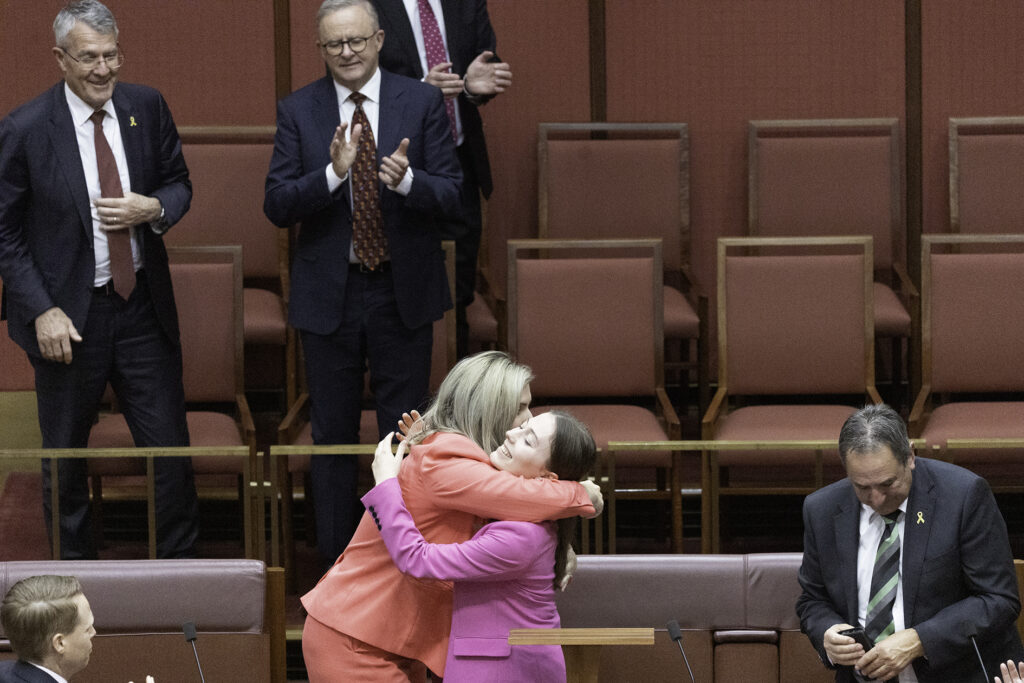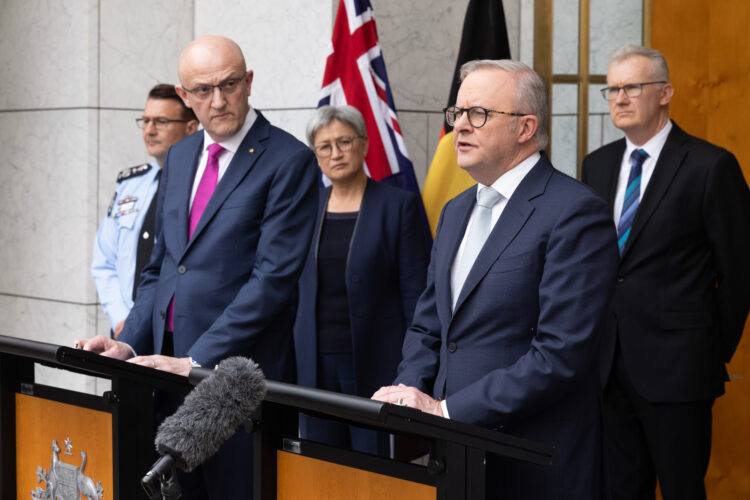Bill Browne
Director of the Democracy and Accountability Program
In just the third sitting week of the Albanese Government’s second term, the Parliament is spending a fair chunk of time debating climate change.
Not a bold new plan from the government. Not ambitious new targets.
But rather, a private member’s bill from a backbencher from the Opposition’s junior party, the Nationals, that would abandon Australia’s already inadequate climate target.
So why is the Parliament spending precious time debating the bill? Because the Labor Government sees political advantage in doing so – to further divide the Liberal–National Coalition and accelerate its slide into irrelevancy.
What are private members’ bills?
A bill is a proposal for a new or changed law. Most bills are introduced by the government. That doesn’t guarantee that they will be supported by Parliament and become law, but it certainly helps.
A private member’s bill comes from someone else: from the Opposition, from a government backbencher, or from a crossbencher.
Often, these bills do not even get debated, let alone voted on. In the House of Representatives, the Government controls the debate schedule – and it is rare that they choose to hear other politicians’ proposals for anti-corruption watchdogs, truth in political advertising laws or fairer elections.
Should the Parliament spend its time debating private members’ bills?
Yes. Private members’ bills often include good ideas that have been neglected by the government.
And while it’s rare that the specific bill becomes law, it can spur change. For example, after independent MPs Cathy McGowan and Helen Haines and the Greens put forward private members’ bills for an anti-corruption commission, Labor committed to a similar model.
The issue with the anti-net zero bill is that it’s been chosen for debate by the Government for party-political reasons, not because of the quality of ideas it contains. The Australia Institute’s Democracy Agenda for the 48th Parliament instead recommends a regular slot for private members’ bills to be debated and voted on.
If that were implemented, then the anti-net zero bill could get in line behind bills that would achieve truth in political advertising, “no jobs for mates”, stopping political spam and lower university fees, some of which have been waiting years to be debated.


